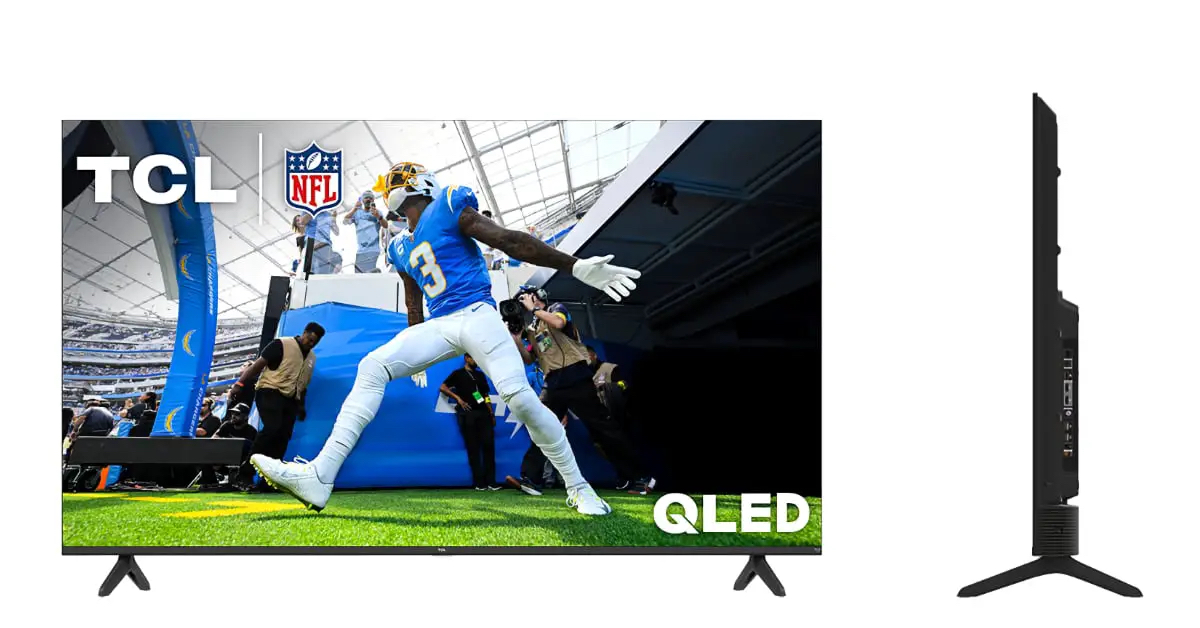
Nine years ago, China's TCL shipped the first smart TV's powered by the Roku TVOS.
The proverbial "hey, you got chocolate in my peanut butter!" concept transformed the nascent smart TV industry. Wired at the time called it "the first TV worth using," with the intuitive Roku OS replacing the typically clunky user interfaces found on most off-the-shelf TVs at the time.
Last year, powered by what had been an exclusive software licensing agreement with Roku, TCL surpassed Korea's LG as the No. 2 smart TV supplier in the global market, controlling over 11% of pie, second only to Korea's Samsung. Roku, meanwhile, rode the partnership to become the dominant TVOS supplier in North America.
But the strong, exclusive bond so successfully leveraged by TCL and Roku has frayed.
Three years ago, TCL started shipping smart TVs to the U.S. powered by Google's Android TV OS (and later Google TV). By January 2022, TCL said it was selling around 10 million of those Google-powered TVs a year.
Meanwhile, earlier this year, Roku started making its own TVs. Two weeks ago, TCL announced that it was starting to develop its own TVOS.
And further and further apart the two companies continue to move.
The latest (yes, we've waited until the seventh graf to tell you this): TCL has also now partnered with Amazon and will soon bring an iteration of its Q6 line of midrange QLED display sets to America powered by the Amazon Fire TV OS.
The new Q650F line of Amazon Fire TV-powered TCL sets is available in 55, 65 and 75 inches with 4K resolution and 60Hz refresh rates. Prices start at around $450.
TCL already introduced in the U.S. Q6, Q7 and QM8 series product lines powered by the newer Google TV OS earlier this year.
As for Amazon, it's notable that TCL entered a sponsorship deal with the NFL in January and has subsequently carved out arrangements with individual NFL teams including the Atlanta Falcons and Seattle Seahawks.
For its part, Amazon is now the exclusive home of NFL "Thursday Night Football." So synergy opportunities to leverage the Fire TV ecosystem probably await.







